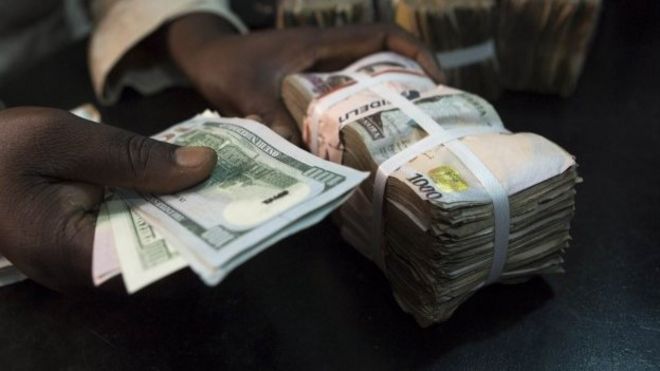
Nigeria’s 36 state governors wield enormous power and influence – some have control of budgets larger than neighbouring countries.
This weekend Nigerians will be voting for 29 of them – two weeks after the historic vote which saw veteran opposition candidate Muhammadu Buhari defeat Goodluck Jonathan, the incumbent president.
It will also be a titanic battle between Mr Jonathan’s People’s Democratic Party (PDP) and the All Progressives Congress (APC) of Gen Buhari.
Here are the five most important battlegrounds:
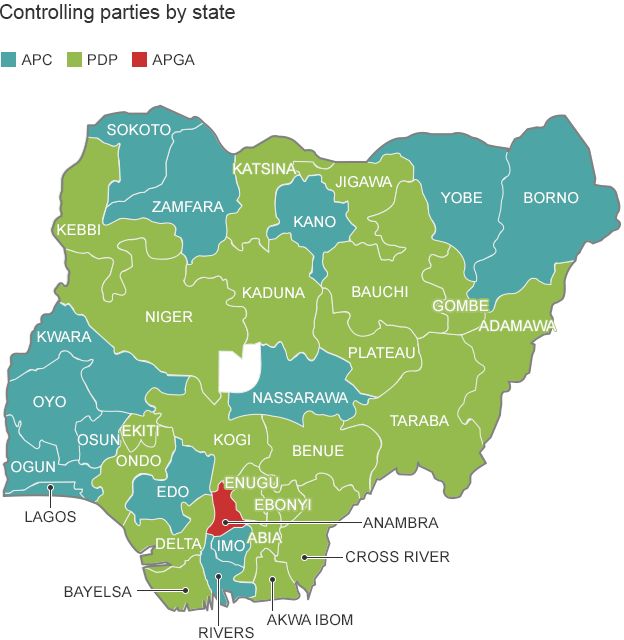

Lagos
The commercial hub of the country, it has been under the opposition rule since the return of democracy in 1999. It is estimated to have a GDP of $91bn (£62bn), higher than 42 countries in Africa, according one of the candidates for governor.
Although cosmopolitan, the state had two Muslim governors in the last 16 years, including the outgoing Babatunde Fashola credited with transforming its chaotic nature with various development projects.
In an attempt to balance the equation, two Christians are now vying for the top job: Akinwumi Ambode of the APC and Jimi Agbaje of the PDP.
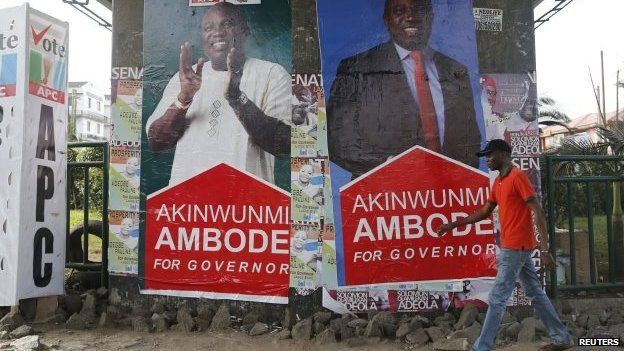
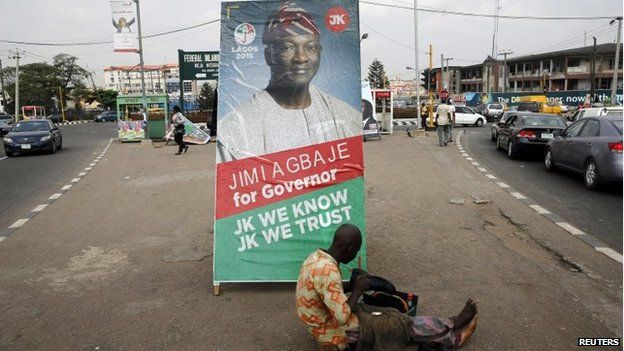
The PDP did fairly well in the presidential vote in Lagos, so it is going to be a tight race – and its candidate is very popular within the Igbo community, which controls substantial business enterprises.
It will be the biggest blow to the incoming government if it loses Lagos, which is the most populous and industrialised state with the highest non-oil revenue earnings.

Rivers
This is a battle for the control of the largest oil wells in the country.
A PDP stronghold, it has been a flash point of violence in the run-up to the elections, with APC saying 55 of its members have been killed.
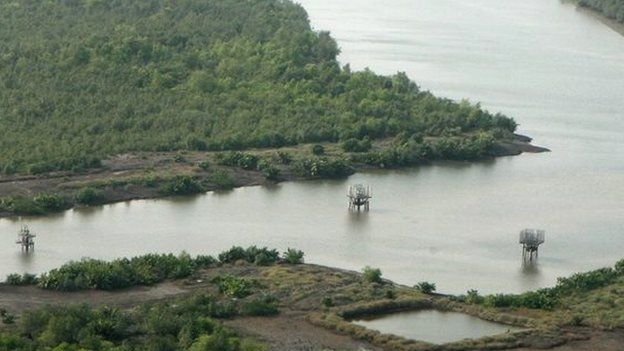
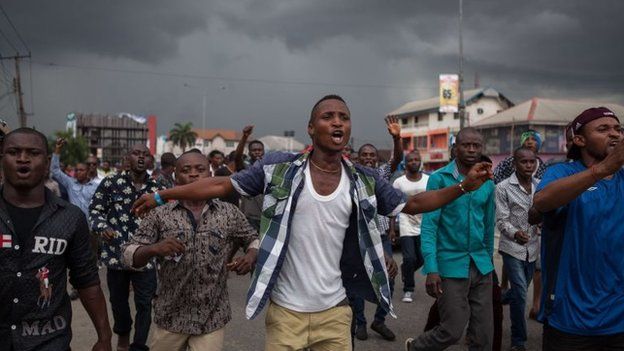
But there have been tensions in Rivers during this election season
The outgoing governor, Rotimi Amaechi, was elected on a PDP ticket four years ago but defected to join the APC and led Gen Buhari’s campaign.
Many see him as an “unpatriotic son” of the Niger Delta who fought against his fellow southerner, Mr Jonathan.
His chosen successor is the APC’s Dakuku
Peterside. However, the powerful first lady, Patience Jonathan, who hails from the state, is backing the PDP’s Nyesom Wike.
The task ahead of the winner will be to mediate between multi-national oil firms and the disgruntled communities who complain of environmental pollution and neglect.
Kaduna
The beating heart of northern politics – many of the political elite live there – it also tends be a political melting point as the state is divided with Muslims in the north and Christians in the south It has witnessed much ethno-religious violence in which thousands of people died since 1999.
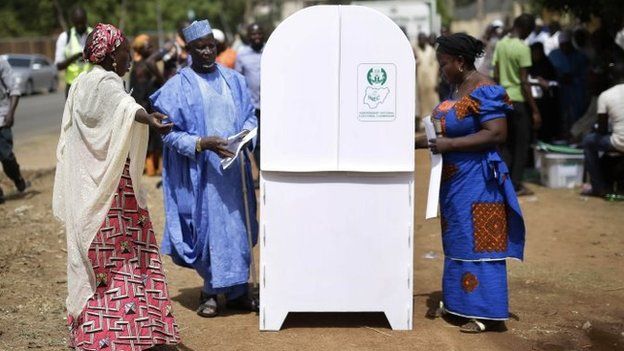
The APC has fielded Nasir El-Rufai, the former minister of Abuja who transformed the capital into a modern city and demolished illegal structures.
The incumbent PDP governor, Mukhtar Ramalan Yero is under intense pressure as the APC won the state in the presidential vote. Mr Yero came to power two years ago after the death in a plane crash of the only Christian governor of Kaduna.
Whoever wins faces the task of promoting peace amongst the diverse ethnic groups, especially between Fulani herdsmen and farming communities.
Taraba
History could be made in this impoverished state close to the Cameroonian border if Aisha
Jummai Alhassan of the APC wins, becoming Nigeria’s first female governor.
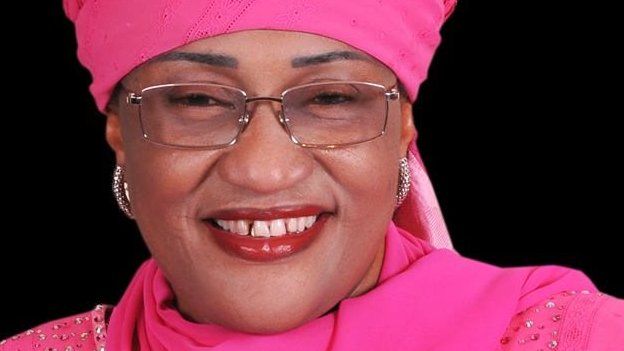
A former court worker and a Muslim, she faces a hurdle in a state where Christians have ruled for the last 16 years.
Her PDP opponent, Darius Ishaku, is a former minister who has the support of
mostly Christian communities and has a financial backer with deep pockets.
Taraba is equally divided between Muslim and Christian, and also faces ethnic and religious problems.
And while Ms Alhassan is popular amongst Muslims, she may find it difficult to attract the more conservative Muslim voters.
Imo
At the heart of the south-east and home to the Igbo ethnic group, the people overwhelmingly voted for PDP in the presidential and parliamentary elections.
However, the incumbent APC governor, Owelle Rochas Okorocha, is by no means a write-off.
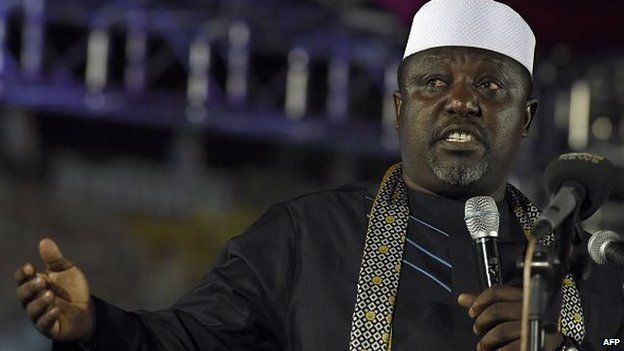
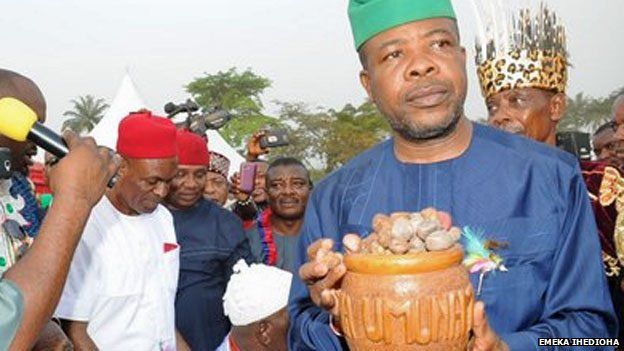
He is powerful within the APC – and the region may feel it needs someone with influence to fight their corner with the incoming APC government.
He faces the PDP’s Emeka Ihedioha, the outgoing deputy speaker of the House of Representatives who has the important backing of Mr Jonathan.






























